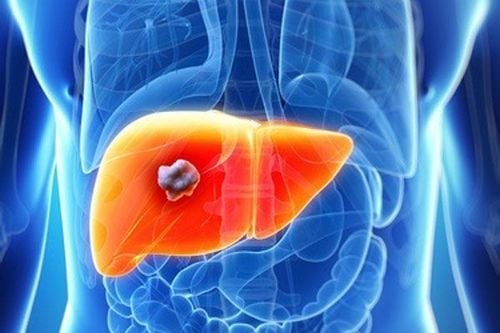This is an automatically translated article.
Vitamin A is a fat-soluble vitamin that is very important for the body to help cells carry out normal transcription, is necessary for vision health, and helps cells in a variety of structures. Eyes are always healthy. In addition, it is also very important for the conversion of light into nerve signals in the retina...Vitamin A is abundant in liver, fish, milk, eggs... in plants like Gac, carrots, tomatoes, green vegetables... However, if used incorrectly, we will encounter adverse effects of vitamin A, which is typically acute or chronic poisoning.
Foods containing a lot of vitamin A.
Acute poisoning:
When taking very high doses, adults > 1,500,000 UI/day, children > 300,000 UI/day, usually appear after taking the drug 4 - 6 hours, manifest dizziness, nausea, vomiting, irritability, diarrhea, convulsions, delirium.
Chronic poisoning: When using a dose of more than 100,000 UI/day for 10-15 days, manifestations of fatigue, irritation, digestive disorders, hepatomegaly, enlarged spleen, skin discoloration, cracking, hair loss bleeding, increase calcium, edema, children can increase intracranial pressure, tinnitus, stop growing long bones... Pregnant women using it for a long time will cause birth defects.
Most notable is the potential for liver toxicity. Taking too much vitamin A is a dose-dependent cause of liver toxicity that can lead to cirrhosis. Regular intake of large doses of vitamin A (>25,000 units/day) can cause chronic toxicity and liver damage. Liver damage can occur when taking 15,000 - 40,000 units/day for a year, but higher doses can cause toxicity within months. More or less liver damage depends on the dose and duration of use.
In the letter, you did not say specifically how to use your vitamin A, for how long and how much, so it is impossible to give exact advice. Although vitamin A plays an important role in the body, we should not abuse it, it is best to consult a doctor before using it.
BS. Nguyen Thu Hien (Health & Real Estate)













